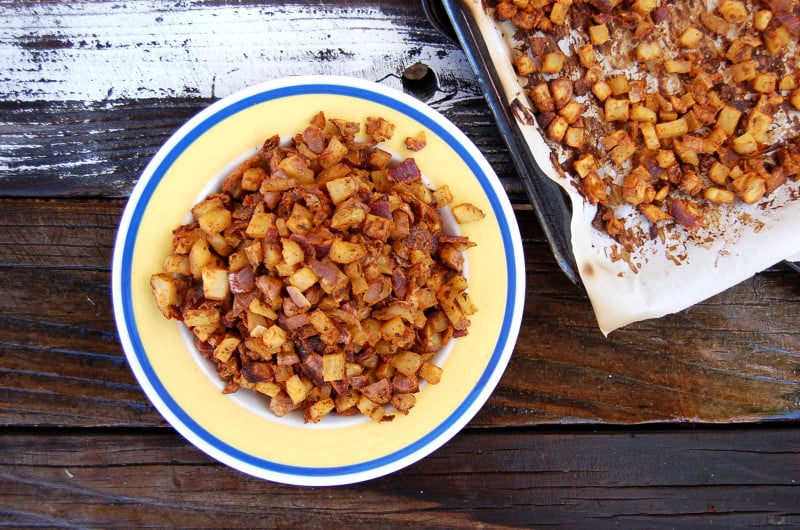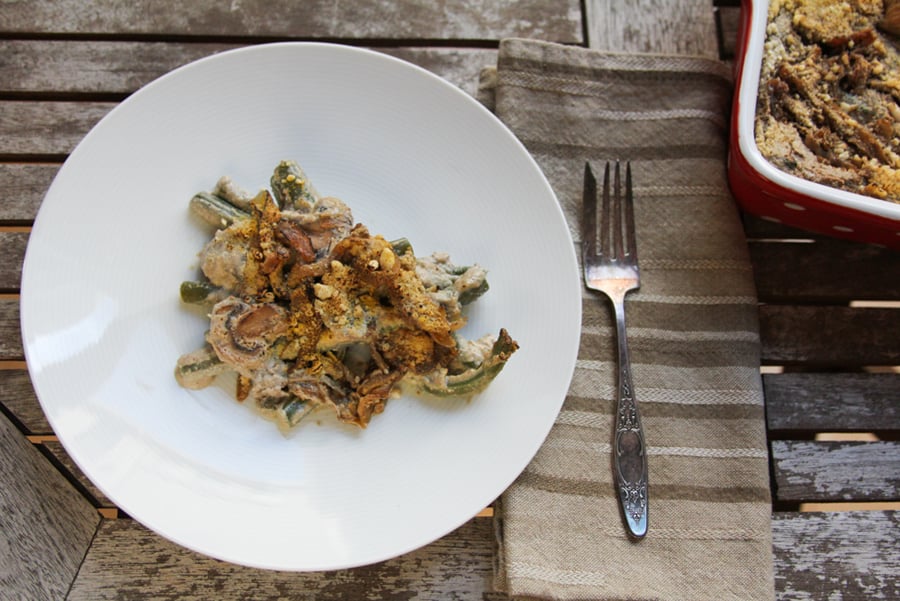Why Choose a Whole-Food Plant-Based Diet for Heart Health?

By Team Dirty
Feb 14, 2024,
By Team Dirty
Feb 14, 2024,
Laura Ross, PA-C, is the director of the Heart Disease Prevention and Lipid Clinic at Park Nicollet Cardiology near Minneapolis, Minnesota. She helped start the HeartBeet Clinic, a plant forward cardiology registry showing incredible results by combining lifestyle medicine, including a whole-food plant-based diet.
Laura is honored to be on the American College of Cardiology Nutrition Committee. They have bi-monthly virtual meetings collaborating with amazing experts in the field of plant based medicine, like Dr. Neal Barnard, Dr. Dean Ornish, and Dr. Caldwell Esselstyn, alongside other esteemed cardiologists and dietitians. Together, they are actively engaged in shaping legislative support for plant forward nutrition guidelines, conducting impactful research, and advocacy.
She and her family have all enjoyed meals from Clean Food Dirty Girl and the Clean Food Dirty Girl Facebook community. We asked her to share information about the benefits of a whole-food plant-based diet for heart health. Take it away, Laura!
Laura Ross here, and February is American Heart Month—let’s celebrate by learning about how our forks can save our hearts!
Research shows that lifestyle choices, including diet, can contribute to 80% of the risk of chronic disease, including cardiovascular disease, diabetes, lung disease, and cancer.

Eating a plant forward diet can take a big bite out of that risk! Even small dietary changes can lead to significant improvements. Heart disease is the number one cause of mortality in the United States; someone dies from cardiovascular disease every 34 seconds, according to the American Heart Association.
The Heart Disease and Stroke update for 2024 says that fewer than 10% of adults in the U.S. meet the recommended guidelines for whole grain, whole fruit, and vegetable consumption each day (and I bet Clean Food Dirty Girl followers are a significant percentage of those!). Avoiding processed meats, which the World Health Organization has labeled as carcinogenic, is as important as eating more nuts, seeds, beans, whole grains, fruits, and vegetables.
A study analysis of over half a million Chinese patients showed that two-thirds of diet-related cardiovascular deaths and strokes were related to low intake of whole grains, fruits, vegetables, and nuts—it is not just eating hamburgers and fries.
Why is eating whole-food plant-based good for heart health?
Eating more plants and fewer animal products lowers cholesterol, a fatty substance that contributes to inflamed plaques in the arteries that can lead to heart attacks, strokes, and limb loss.
The high fiber in whole grains, veggies, and beans helps soak up cholesterol and limits its absorption, compared to animal products high in saturated fat, which just add more cholesterol to the circulation. Eating more plants can naturally lower blood pressure by relaxing the arteries with increased electrolytes like potassium, calcium, and magnesium.
That’s not all. Whole food plant-based diets also feed the “good” bacteria in the gut that produce important short-chain fatty acids that lower blood sugar and increase serotonin, the “happy” neurotransmitter chemical that improves our mood.
And, according to research reported from Harvard, people who followed a vegan diet have been shown to have lower levels of the high sensitivity C-reactive protein that indicates inflammation in the heart arteries compared to people who followed a traditional “heart-healthy diet.”
How long do you have to eat a whole-food plant-based diet to see the heart health benefits?
Many start to see benefits within days or weeks—yes, days or weeks—with this meta-analysis of 20 randomized studies showing diets without meat are associated with significant improvements in LDL cholesterol, hemoglobin A1C (average of the blood sugars), and body weight after an average of 6 months for patients with a high risk of cardiovascular diseases.

The Physicians Committee for Responsible Medicine also reported that a low-fat vegan diet had improved outcomes for weight, lipids, and insulin sensitivity compared to a Mediterranean diet in a cross-over study where participants tried both.
Even if we don’t choose to adopt a totally whole plant-based diet, we can all eat more plants to keep our hearts happy and healthy!
The beauty of using food as medicine is it is well-tolerated and delicious! It has been an honor to work with patients to find a few sustainable changes they can add to over time, and Clean Food Dirty Girl has been a wonderful resource for me and for them to make it easier to eat healthier.
Laura Ross PA-C
We’re grateful to Laura for the heart-to-heart and the work she does in helping people with the power of plants. Not only is she a medical professional actively bridging the gap between a whole-food plant-based diet and heart health, but she’s also a working mother who batches our plant-based meal plans and walks the walk!
Want to see more? Here are some inspiring health makeovers from members who’ve improved their heart health.
- Jeff was able to safely stop all cholesterol medication after fully embracing a whole-food plant-based diet
- Tim reduces his cholesterol by switching to plants
- Amanda loses weight and improves blood pressure with a whole-food plant-based diet
- Doctors can’t believe Joseph’s recovery from congestive heart failure with a plant based lifestyle
You may also enjoy...
Love the food that loves you back
Get instant access to thousands of plant-based recipes and meal plans, no credit card or perfection required.












